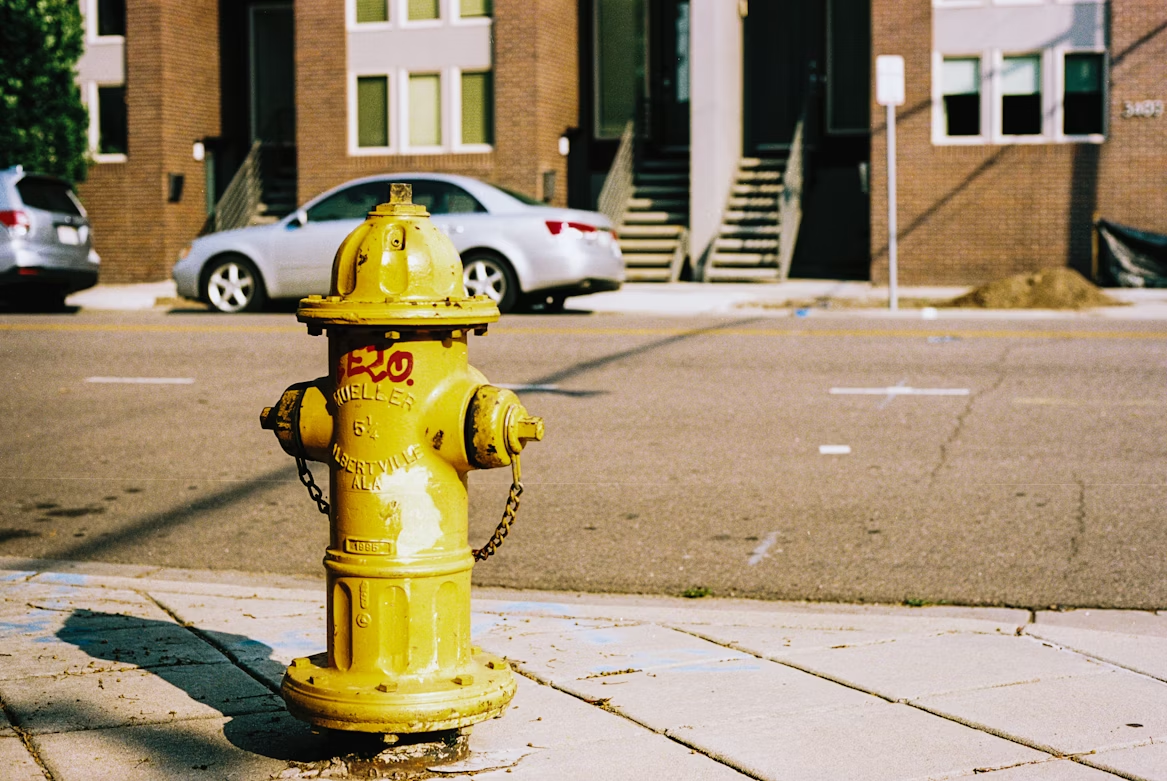As a fire chaplain, I have the privilege of walking alongside men and women who step into danger when everyone else is running out. The chaplain’s role is sometimes misunderstood as being only about prayer or preaching. While spiritual care is certainly at the heart of what I do, chaplaincy in the fire service reaches further. It is about caring for the whole person, mind, body, and spirit, whether they claim faith or not.
“People don’t care how much you know until they know how much you care”
― Theodore Roosevelt
Faith Based Support
For those who welcome it, prayer, scripture, and spiritual counsel provide strength in moments of crisis. Many firefighters and medics draw from deep wells of faith, and having a chaplain who can speak their language of belief is a source of comfort. I have prayed with firefighters after long shifts when the weight of what they saw threatened to crush them. I have opened scripture with those who asked for encouragement before walking into another day of risk and responsibility. In the hospital room, on the fireground, or back at the station, chaplains help process trauma, offer perspective rooted in faith, and remind responders they are not alone.
Non Faith Based Care
Chaplains are also trained to serve without requiring belief. This is often as simple as sitting quietly with someone who has just witnessed tragedy and letting them speak freely. At times it means offering practical resources like counseling referrals, stress management strategies, or helping connect a responder’s family with community support. I have listened to firefighters who did not share my faith, and what they needed most was someone who would not judge them, someone who could absorb their words without rushing to fix or preach. My presence is not conditional. It is about showing up and being available to those who carry the burden of constant emergencies.
Standing with Families
Service to first responders is not limited to the station or the fireground. Families carry their own share of the load. Chaplains often step in to support spouses and children during long absences or after a difficult shift. I have stood with families in hospital waiting rooms, bringing them updates and comfort. I have attended family events, not as an outsider but as someone who belongs to the fire service family. When tragedy strikes, the chaplain helps loved ones understand what is happening and assures them they are not forgotten.
A Bridge of Care
Ultimately, chaplaincy is about building a bridge. In one direction I extend spiritual hope to those who want it. In the other I extend human compassion and practical support to those who need it. Both are equally valid, and both save lives in their own way. This bridge works because firefighters know the chaplain will be there, whether they are people of faith or not. When a responder sees that care is unconditional, without judgment and without pressure, it becomes a source of strength.
Why It Matters
First responders live in a world where tragedy, trauma, and uncertainty are daily companions. Without outlets for those experiences, the weight can grow unbearable. A chaplain helps lighten that weight. Sometimes it is by offering prayer. Other times it is by providing silence and space. Always it is by standing in solidarity with those who risk everything for their communities. Whether through faith based care or non faith based care, chaplaincy reminds first responders that their lives and their struggles matter.

